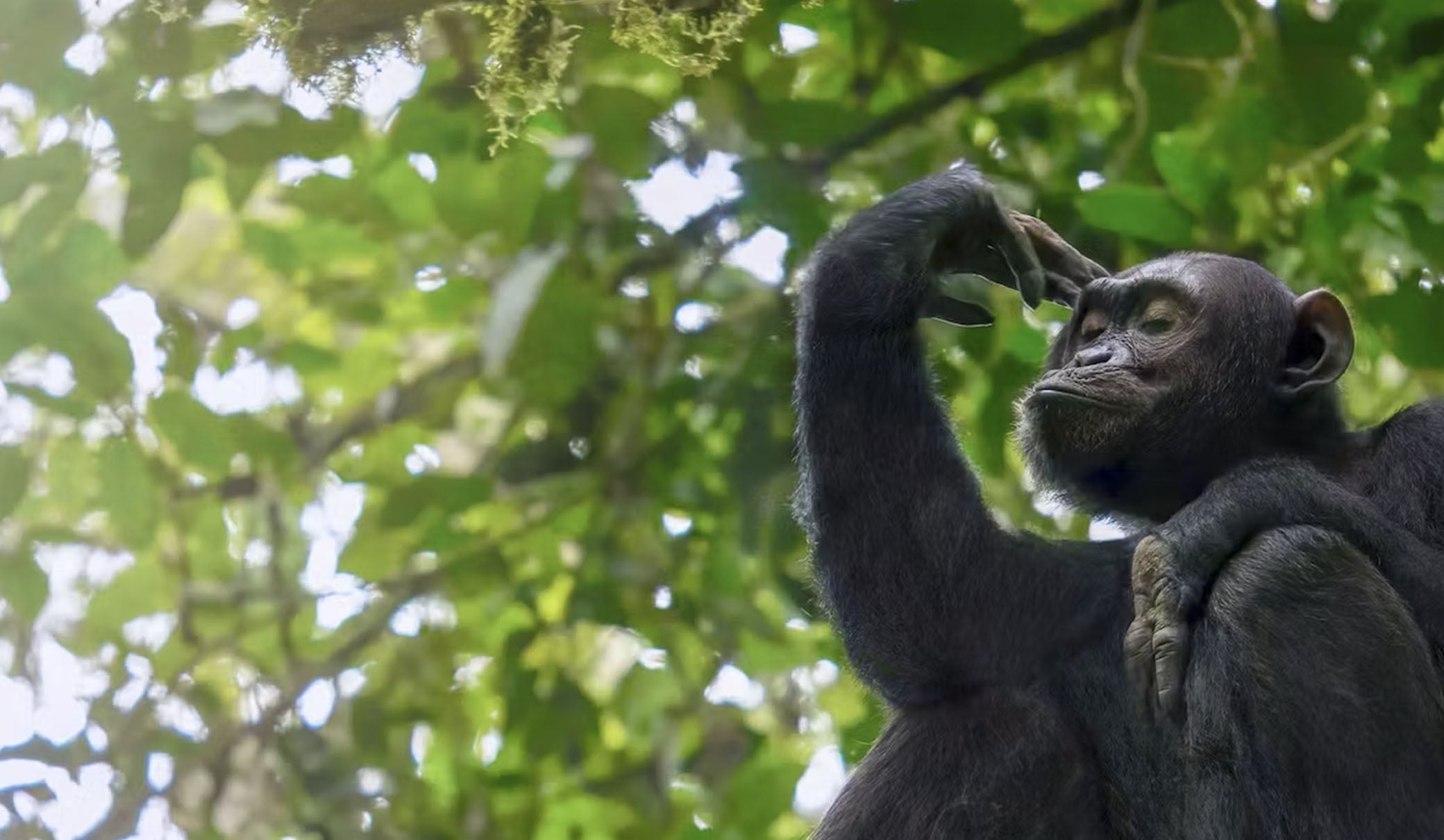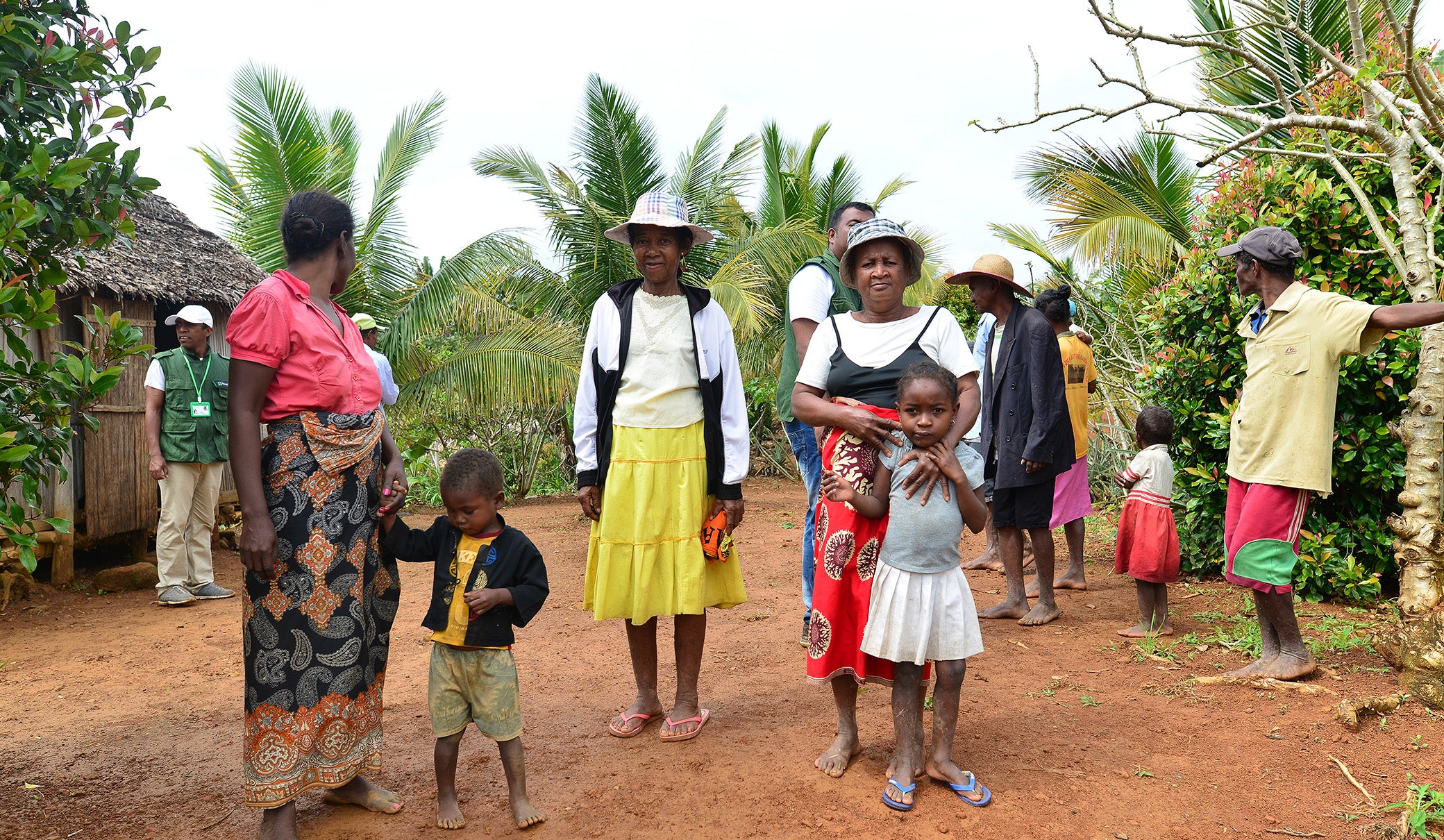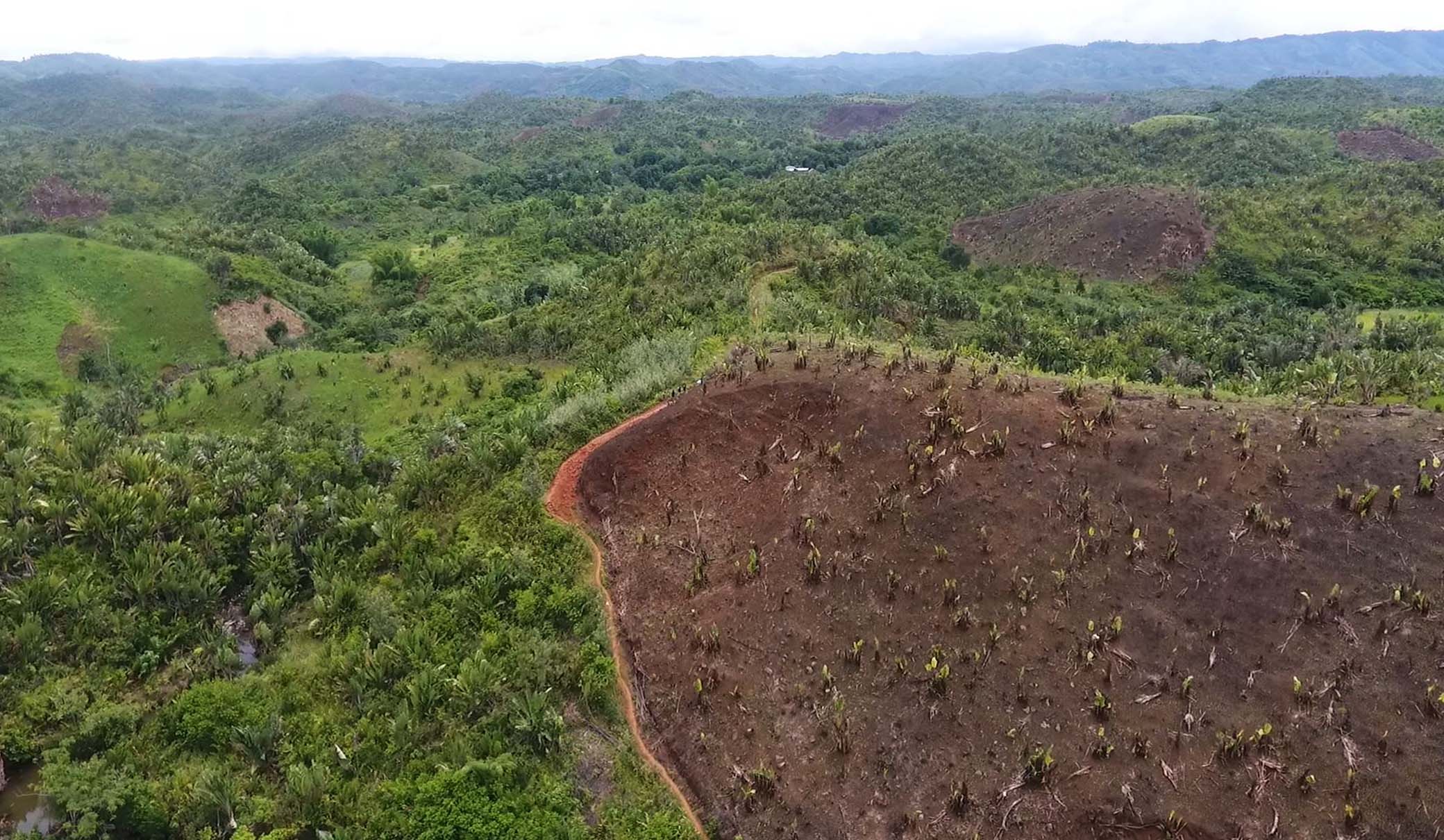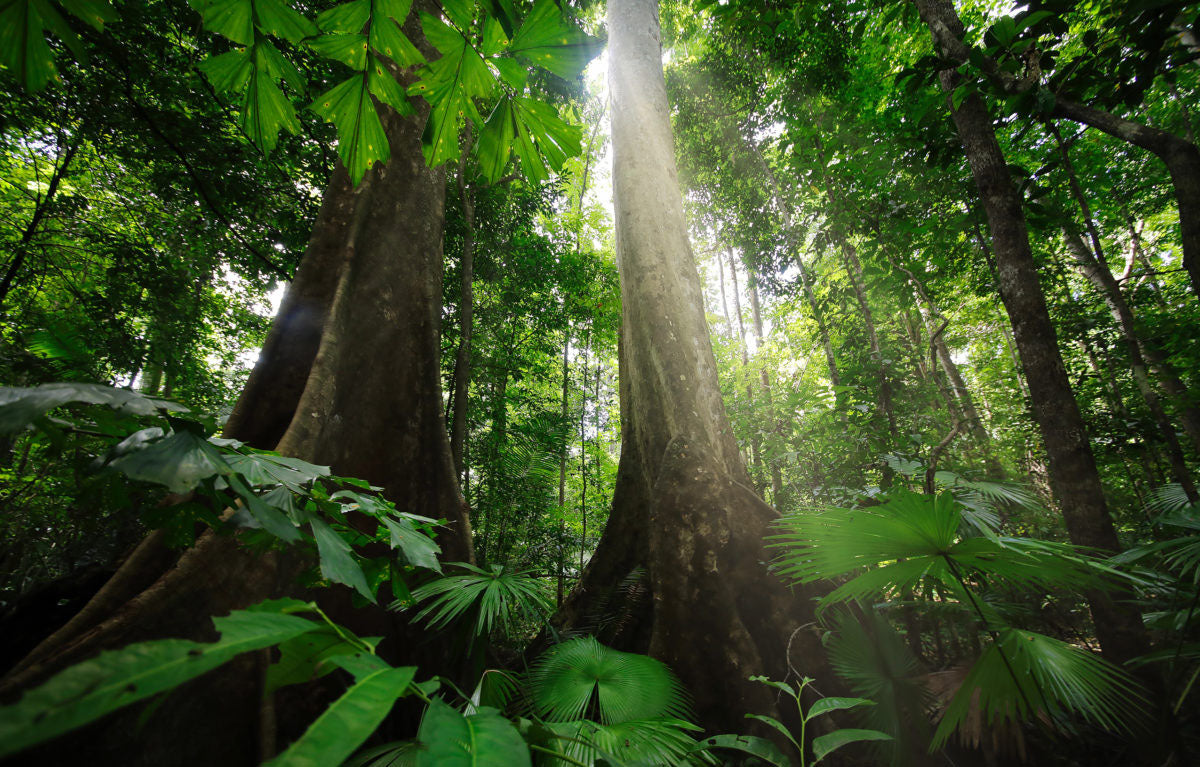About half of all animal and plant species live in tropical forests. Orangutans, tigers and toucans need the forest to survive. Due to deforestation, 150 species are disappearing every day.
Tropical rainforests are unique in the high levels of biodiversity they exhibit. Around 40% to 75% of all biotic species are indigenous to the rainforests. Rainforests are home to half of all the living animal and plant species on the planet. Two-thirds of all flowering plants can be found in rainforests.


60 million indigenous people live in and from the rainforest. They use its resources without destroying it. But they are more and more often expelled and threatened.
Indigenous peoples are particularly good at protecting the tropical forests where they live and have responsibilities. Safeguarding and strengthening their rights is therefore central to the preservation of forests, biodiversity and the fight against climate catastrophe. This is the explicit conclusion of a new United Nations report.
Rainforests are essential for climate stability and soil conservation. Their destruction results in even more CO2 emissions into the atmosphere, floods and landslides.
Aggressive efforts to rewild and reforest are already showing success. Tropical tree cover alone can provide 23 percent of the climate mitigation needed to meet goals set in the Paris Agreement in 2015, according to one estimate.


